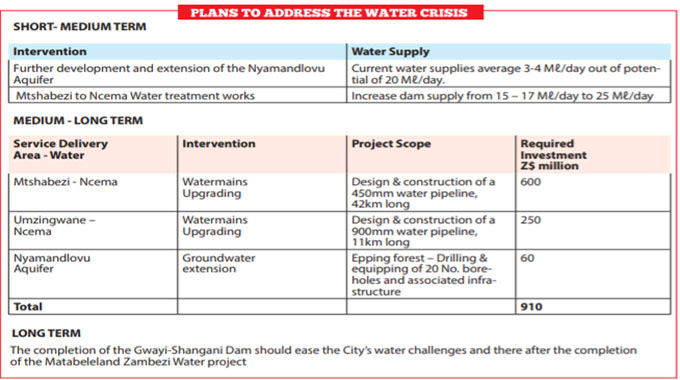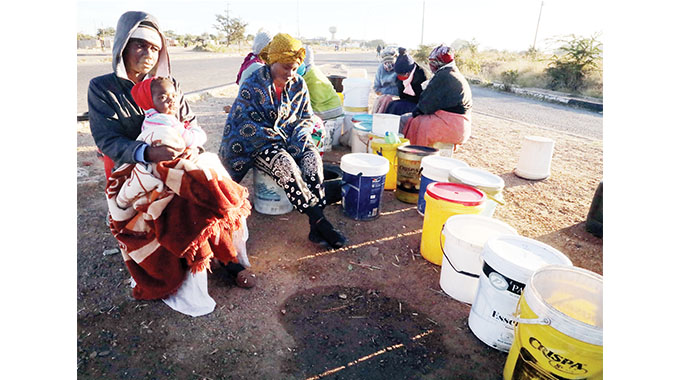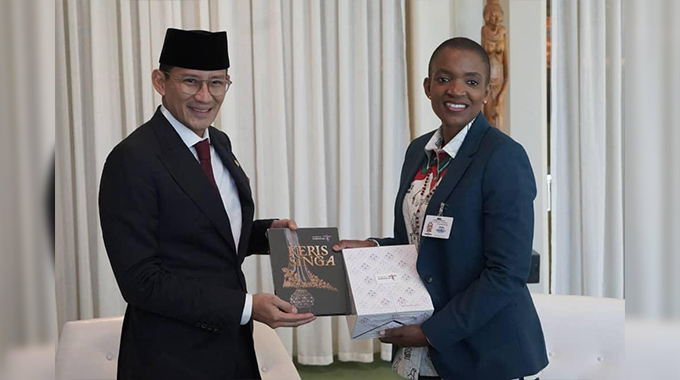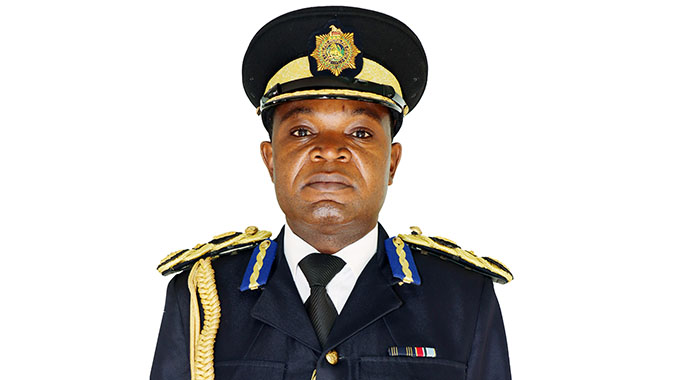Zinwa gets ball rolling

Nqobile Tshili, Chronicle Reporter
THE Zimbabwe National Water Authority (Zinwa) expects to commence the $205 million Bulawayo water augmentation projects before the end of month as it mobilises engineers to embark on the works.
The projects, which include the drilling of boreholes and placing of booster pumps along Mtshabezi Dam, are expected to be complete before year end.
Treasury last week released the funds as Government affirmed its commitment to address Bulawayo water woes.
The money was disbursed to Zinwa which is mandated to supply raw water to the local authority.
This is the second time Government has released funds for the rehabilitation of boreholes to augment water supplies after it provided funds to equip Rochester boreholes in Nyamandlovu.
From the $205 million, $130 million will be used to rehabilitate and drill 30 boreholes in Nyamandlovu including the eagerly awaited Epping Forest project while the rest will be channeled towards improving supplies from Mtshabezi Dam.
The Epping Forest project is projected to increase daily water supply to the city from about 4ML per day to 25ML.
Upgrading Mtshabezi will avail up to 27ML daily, up from the present 15ML.
The two projects are short term solutions to Bulawayo’s water crisis.
Council is struggling to supply 65ML against a daily demand of about 155ML.
In the medium term, the city is looking at water supply augmentation through upgrading the Mtshabezi-Ncema and Umzingwane-Ncema water mains and ground water extension at Nyamandlovu Aquifer.
The medium-term projects require $910 million.
The long-term solution remains the completion of the Gwayi-Shangani Dam, a major component of the National Zambezi Water Project.
The projects are expected to increase improve the supply of water to the city which has imposed a 144-hour weekly water shedding schedule as it tries to manage dwindling water levels.
The crisis has seen council also failing to adhere to its tightened water schedule due to technical faults and theft of power cables resulting in the local authority failing to effectively supply water to residents.
Residents living in high lying areas have gone for more than six months without running water as low pumping pressure results in water not reaching their homes even when council lifts the shedding exercise.
The dire water situation has seen residents spending long hours queuing for water at boreholes and where the water is delivered using bowsers.
The places have become potential Covid-19 hotspots as residents fail to observe social distancing while others do not wear mandatory masks.
Zinwa corporate communications manager Mrs Marjorie Munyonga said the parastatal has started organising to address avert the water crisis.
“A total of $205 million has been made available and Zinwa will soon commence the implementation of the projects. We are still mobilising our technical teams and put things in place. We expect our teams to be on the ground by month end and we aim to be done by year end,” said Mrs Munyonga.
She said various stakeholders will be informed during various stages of the project’s implementation.
“Of the amount, $130 million shall be channeled towards the drilling of 10 boreholes, rehabilitate 10 more boreholes and equipping of the 20 boreholes at Epping Forest.
“This should see the improvement of water supplies to the City of Bulawayo from Epping Forest. The rest of the amount, $75 million, will be used for the incorporation of booster pumps along the existing Mtshabezi Dam into Mzingwane Dam,” said Mrs Munyonga.
The water crisis, a result of two successive poor rainy seasons, has seen BCC decommissioning Umzingwane, Lower Ncema and Upper Ncema dams leaving the city drawing water from Insiza, Inyakuni and Mtshabezi dams with water levels dropping to 25 percent.
The crisis is expected to worsen during the summer where water usage increases, council has warned.
The water crisis has also led to the outbreak of typhoid and dysentery killing 13 and infecting nearly 2000 people in Luveve and surrounding suburbs.
This forced council to lift clinic user fees on patients that present with diarrhoea symptoms during the duration of water shedding period.
The move is meant to encourage residents to seek early treatment as some residents failed to visit health care centres claiming that they did not have the required clinic fees.
But some residents have raised concerns that despite the resolution, council clinics still demand that they pay even when they have diarrhoea.-@nqotshili











Comments